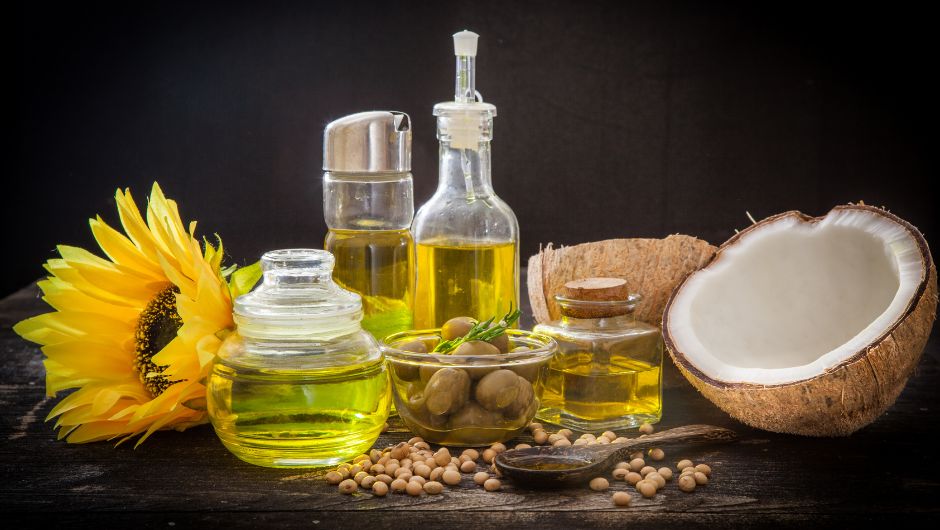What is the best oil for cooking?

Introduction
Cooking oil refers to a liquid fat that is used for cooking, frying, baking, and other culinary purposes. It is derived from various plant and animal sources and is primarily composed of different types of fats, including saturated, monounsaturated, and polyunsaturated fats. Cooking oils serve multiple functions in the kitchen.
They help to transfer heat evenly, prevent food from sticking to cookware, enhance flavour, and contribute to the texture of the cooked food. Additionally, oils can add moisture to dishes and act as a medium for infusing flavours from herbs, spices, and other ingredients.
Why use cooking oils?
Cooking oils play a fundamental role in our culinary endeavors, but their impact on our health cannot be overlooked. By selecting the right cooking oil, we can enhance the nutritional value of our meals and promote overall well-being. In this article, we will delve into some of the best cooking oils known for their health benefits, shedding light on their unique properties and how they contribute to a wholesome diet.
First Thing First
There is no single approach to anything in Ayurveda that is one-size-fits-all. Cooking oil should be selected on the basis of Dosha imbalance and the individual’s health.
- Sesame Oil:- Best oil for absorption of nutrients due to properties like pungency (sharpness) and subtle penetration. Helps fuel your Agni.
- Mustard Oil:- (super healing oil) If you are suffering from psoriasis, eczema, or other diseases, then completely stay away from using mustard oil if you do not want to flare up. Good for people with diabetes.
- Coconut Oil:- If you exercise a lot and get tired quickly, then use coconut oil. It is a cooling oil and is good for people with gastric problems. If you are trying to lose weight, then this oil is not the best for you.
- Ghee:- (best medium for cooking) Increases digestion and provides nutrition. Rejuvenates and replenishes blood, muscles, bones, and reproductive tissues. If you have excessive indigestion and liver problems, reduce your intake of ghee.
Other commonly used cooking oils include:
- Vegetable Oils: These oils are typically made from a blend of plant sources, such as soybeans, corn, canola, sunflower, safflower, and cottonseed. They have a neutral flavour and a high smoke point, making them versatile for a variety of cooking methods.
- Olive Oil: Olive oil is renowned for its health benefits and is commonly used in salad dressings, sautéing, and roasting.
- Canola Oil: Made from the seeds of the rapeseed plant, canola oil has a light texture and a neutral taste.
Some health benefits of cooking oil
- Provides nutrients such as vitamins and antioxidants.
- Supports heart health by improving cholesterol levels.
- Contains healthy fats
- Promotes skin and hair health
- Adds flavour and enjoyment to meals
- Acts as a source of energy
- Provides antioxidant protection against oxidative stress.